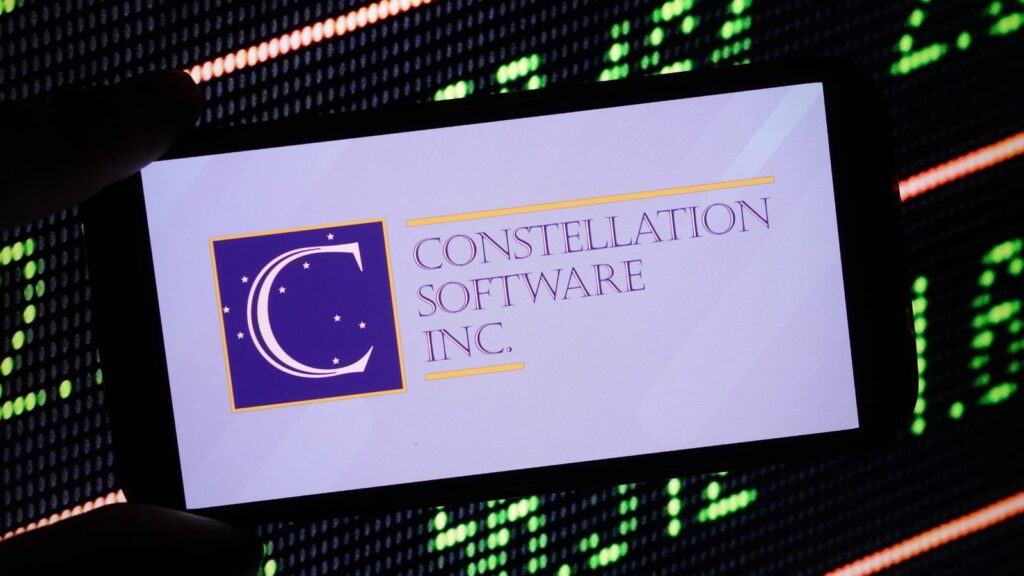While multinational giants often dominate headlines, many Canadian companies are quietly reshaping their industries on the global stage. These firms might not always be household names outside the country, but their influence spans sectors ranging from tech to transportation, mining to media. Here are 22 Canadian companies quietly dominating their industries.
Constellation Software
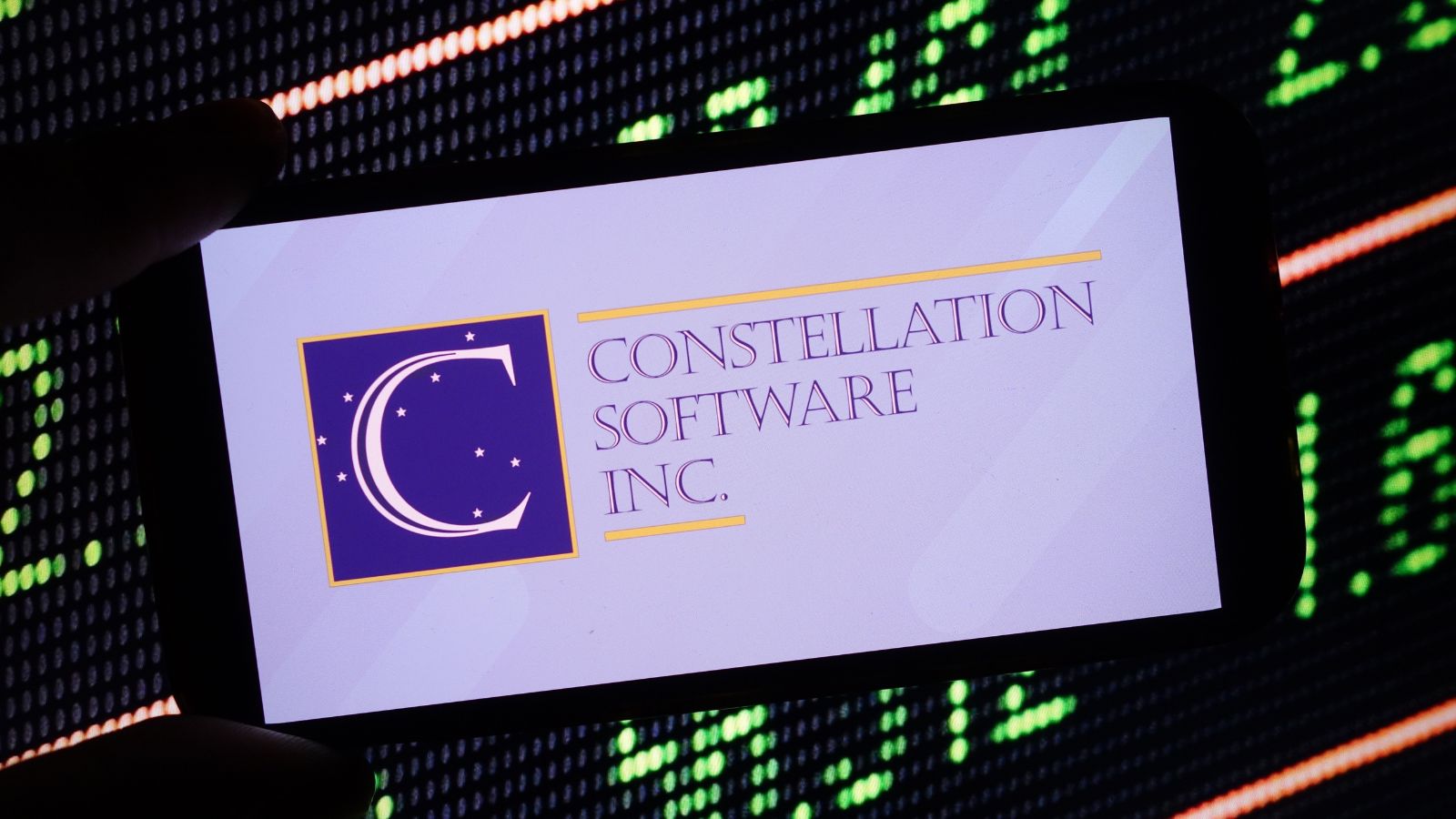
Founded in 1995, Constellation Software has grown into a powerhouse by acquiring and managing vertical market software companies across the globe. Instead of developing new products from scratch, the company strategically purchases smaller, specialized software firms and integrates them into its network. This approach has allowed Constellation to expand rapidly without losing focus on core business segments. Its decentralized management style ensures agility, and its ability to revitalize niche software markets has given it a stable, recurring revenue model. With over 125,000 customers worldwide, it dominates in sectors such as public transit, education, and healthcare software.
Shopify

Initially launched as a snowboard equipment store, Shopify has evolved into one of the most prominent e-commerce platforms globally. Its intuitive tools allow businesses of all sizes to set up online stores with minimal technical knowledge. Unlike marketplaces that take control of sellers’ branding, Shopify empowers merchants to maintain autonomy. It supports millions of businesses in over 175 countries and has been instrumental in fueling the direct-to-consumer revolution. The company continuously innovates with new offerings like payment gateways, POS systems, and fulfillment networks. Despite facing stiff competition, its consistent platform improvements and partner ecosystem keep it in a leadership position.
Nutrien

Nutrien is the world’s largest provider of crop inputs and services, formed through the merger of PotashCorp and Agrium. Its dominance stems from its vast production of potash, nitrogen, and phosphate, essential for agricultural productivity. Beyond mining and production, the company operates a comprehensive retail network, delivering fertilizers and agricultural services to farmers across North America, South America, and Australia. Nutrien has a major role in ensuring global food security through its supply chain and agronomic support. Its focus on sustainable practices and digital agriculture tools has made it a key player in modernizing farming techniques worldwide.
Magna International
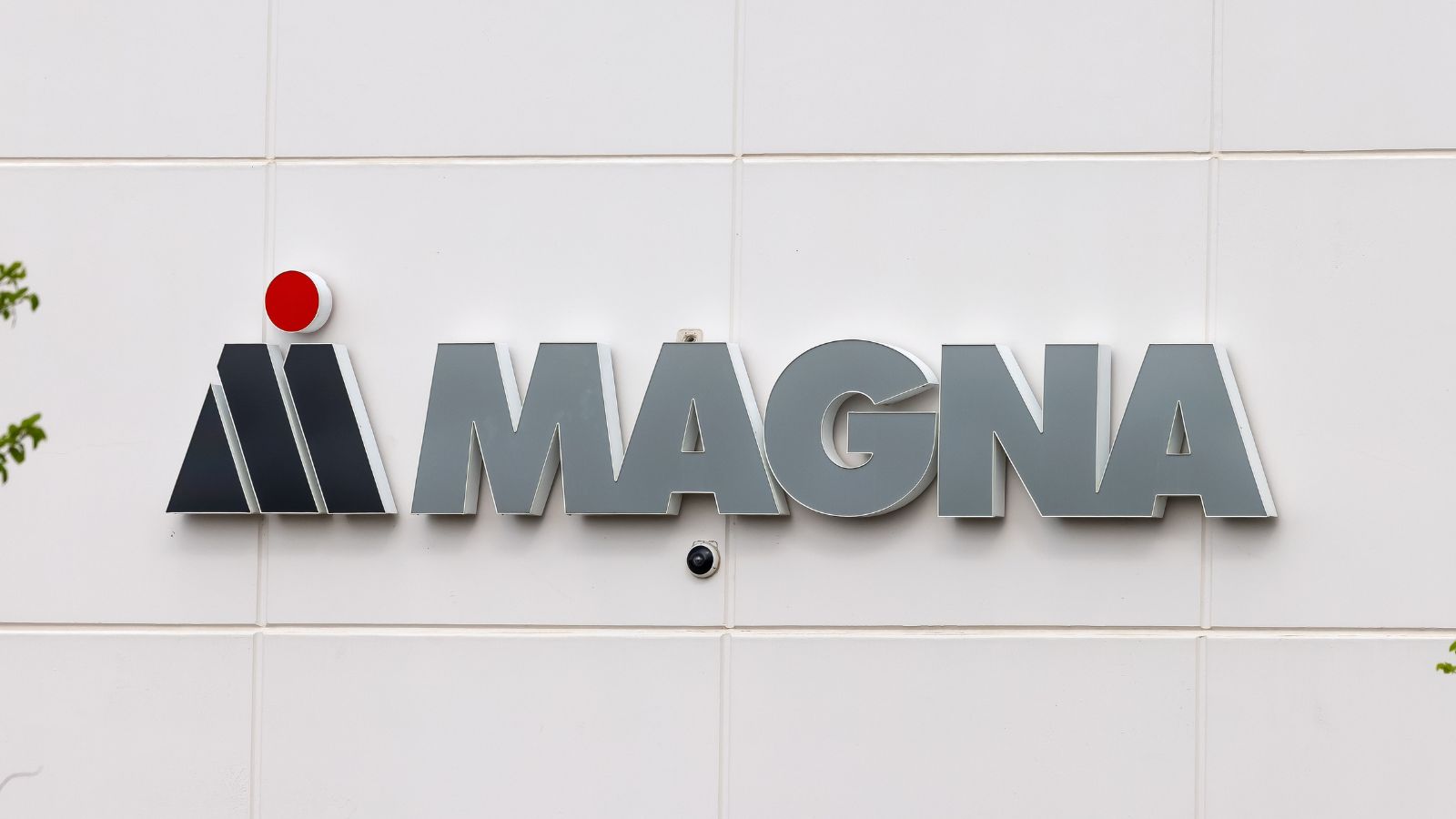
As one of the largest automotive suppliers in the world, Magna International designs and manufactures components for nearly every major car brand. From chassis to electronics and even complete vehicle assembly, Magna plays a pivotal role in the global auto industry. The company invests heavily in autonomous driving technologies, lightweight materials, and electric vehicle components. Its diversified customer base reduces risk exposure, and its focus on in-house innovation enables it to stay ahead of technological shifts. And, with operations in 29 countries, Magna’s influence is significant in shaping the future of mobility and sustainable transport solutions.
Brookfield Asset Management

With over $900 billion in assets under management, Brookfield is a titan in the alternative asset investment space. It specializes in infrastructure, renewable energy, private equity, and real estate, managing an expansive portfolio across continents. The company’s disciplined investment strategy focuses on undervalued assets and long-term value creation. Brookfield’s success lies in its ability to turn around distressed properties, optimize operations, and leverage scale. Also, its growing influence in clean energy, particularly through Brookfield Renewable Partners, positions it at the forefront of the global transition toward sustainability. Plus, despite its low public profile, it shapes vital economic sectors quietly but effectively.
OpenText

OpenText is a leader in enterprise information management, helping businesses manage and secure their digital data. Through a series of strategic acquisitions, including Carbonite and Micro Focus, it has expanded its suite of software solutions significantly. OpenText caters to organizations with complex compliance and governance needs, offering secure platforms for content services, cybersecurity, and cloud-based collaboration. Its products serve sectors like finance, healthcare, and legal services, where information integrity is critical. The company’s steady performance and tailored offerings have made it indispensable for companies dealing with high volumes of sensitive information.
CGI Inc.
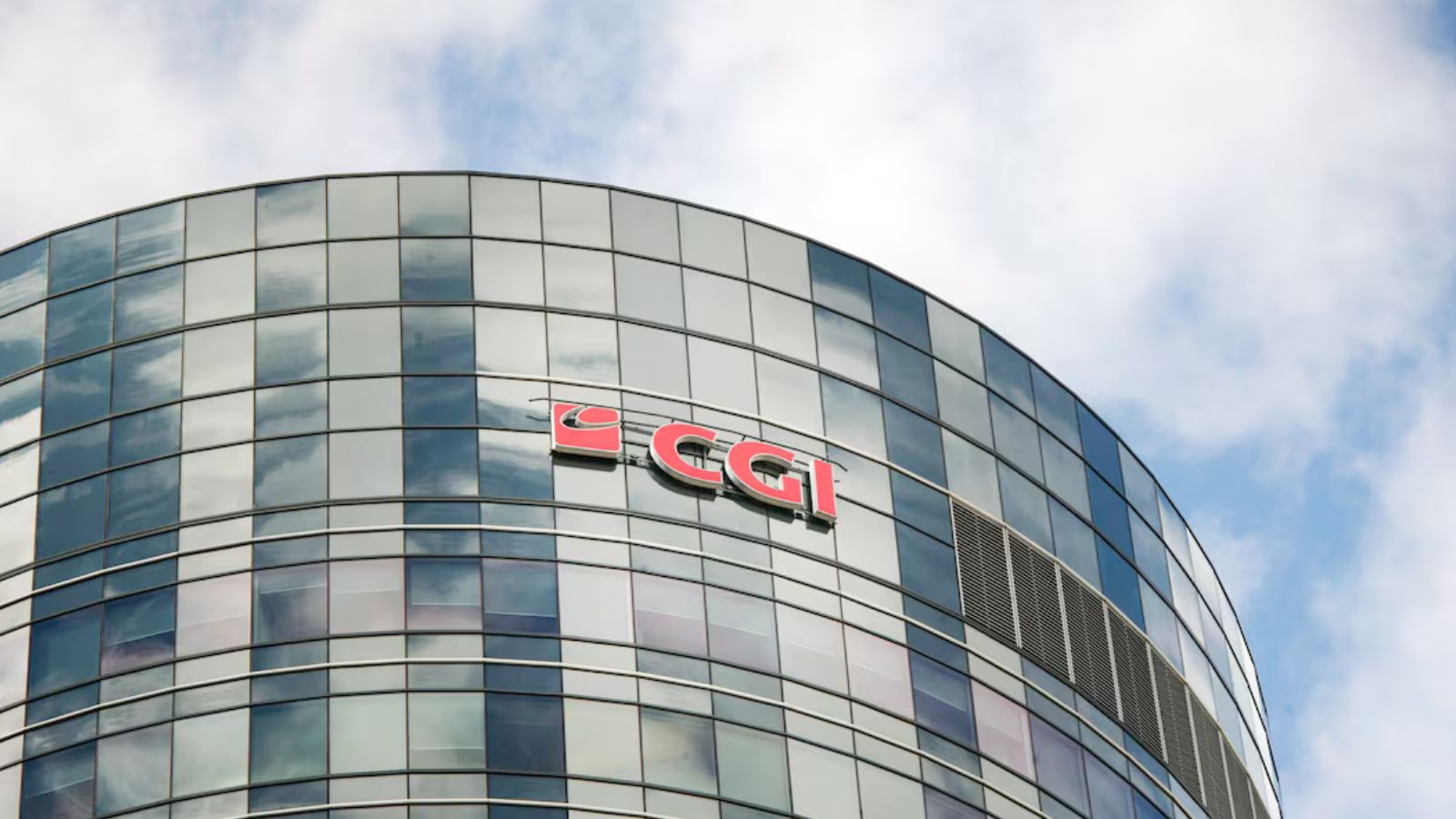
CGI is one of the largest IT and business consulting services firms in the world, with over 90,000 employees. It offers systems integration, consulting, and managed services to clients in both the private and public sectors. CGI has gained trust by delivering mission-critical systems for governments, banks, and telecom providers. Its model emphasizes local relationships, supported by a global delivery network that enhances efficiency and scalability. CGI’s growth strategy relies on targeted acquisitions and organic development, keeping it agile in a competitive tech landscape. Its presence in 40 countries ensures both reach and relevance in regional markets.
Alimentation Couche-Tard
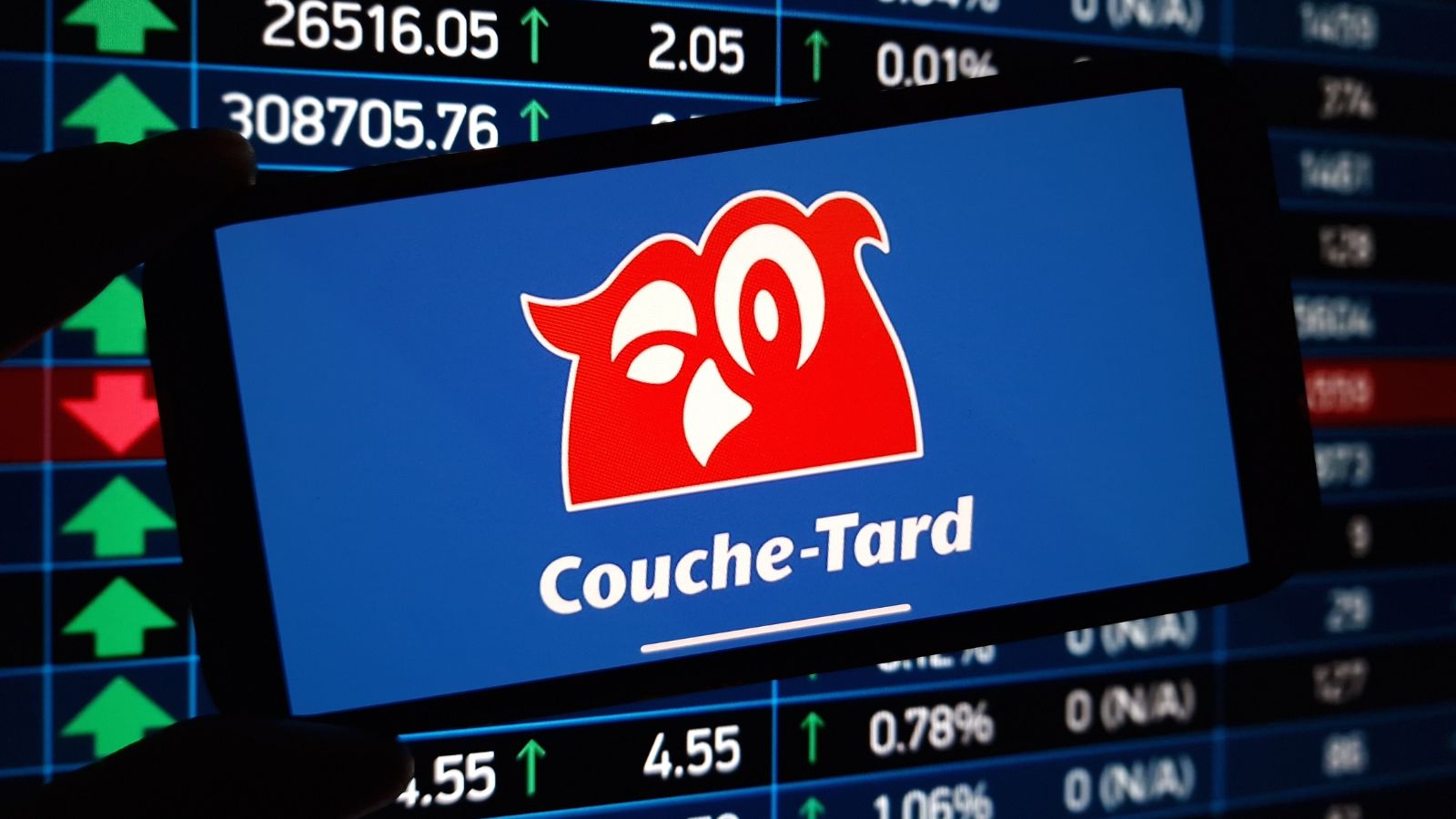
This retail conglomerate owns over 14,000 convenience stores worldwide under banners such as Circle K. Its strength lies in operational efficiency and standardized practices that ensure consistent customer experiences across locations. Couche-Tard has built its empire through aggressive yet smart acquisitions, particularly in Europe and North America. By integrating fuel retail, convenience, and loyalty programs, it has maintained profitability in a traditionally low-margin industry. Its focus on technology and real-time analytics supports decision-making across its network, ensuring adaptability in changing retail environments. The company has become a benchmark for global convenience retailing.
Bombardier Recreational Products (BRP)

BRP has carved out a global niche with its recreational vehicles, including Ski-Doo snowmobiles, Sea-Doo watercraft, and Can-Am off-road vehicles. It focuses on engineering excellence and product innovation, continuously updating its lineups to meet evolving consumer demands. BRP has embraced electrification and digital features, ensuring its offerings remain relevant and competitive. With manufacturing sites in multiple countries and a strong dealer network, the company reaches diverse markets. Plus, BRP’s ability to anticipate adventure trends and design for performance has made it a standout in the recreational vehicle sector.
Canfor Corporation

Canfor is a leading producer of sustainable lumber, pulp, and paper, with operations in North America and Europe. Its vertical integration, from forestry to final product, enables high efficiency and quality control. The company is deeply committed to responsible forest management and employs advanced technologies in its mills to reduce waste and energy use. Canfor also invests in bio-innovation, exploring ways to create more eco-friendly materials. Its products are widely used in construction and packaging, and the firm plays a significant role in global forestry markets while promoting environmental stewardship.
Spin Master

Best known for brands like PAW Patrol and Hatchimals, Spin Master is a major force in children’s entertainment. Its business spans toys, digital games, and television content, creating cross-platform experiences that resonate with young audiences. The company fosters innovation through internal development and partnerships with inventors globally. Its content division ensures a strong pipeline of intellectual property that can be monetized across various channels. Spin Master’s global distribution and ability to predict trends have cemented its place among the top global toy makers. The integration of play and storytelling is central to its continued success.
Franco-Nevada Corporation
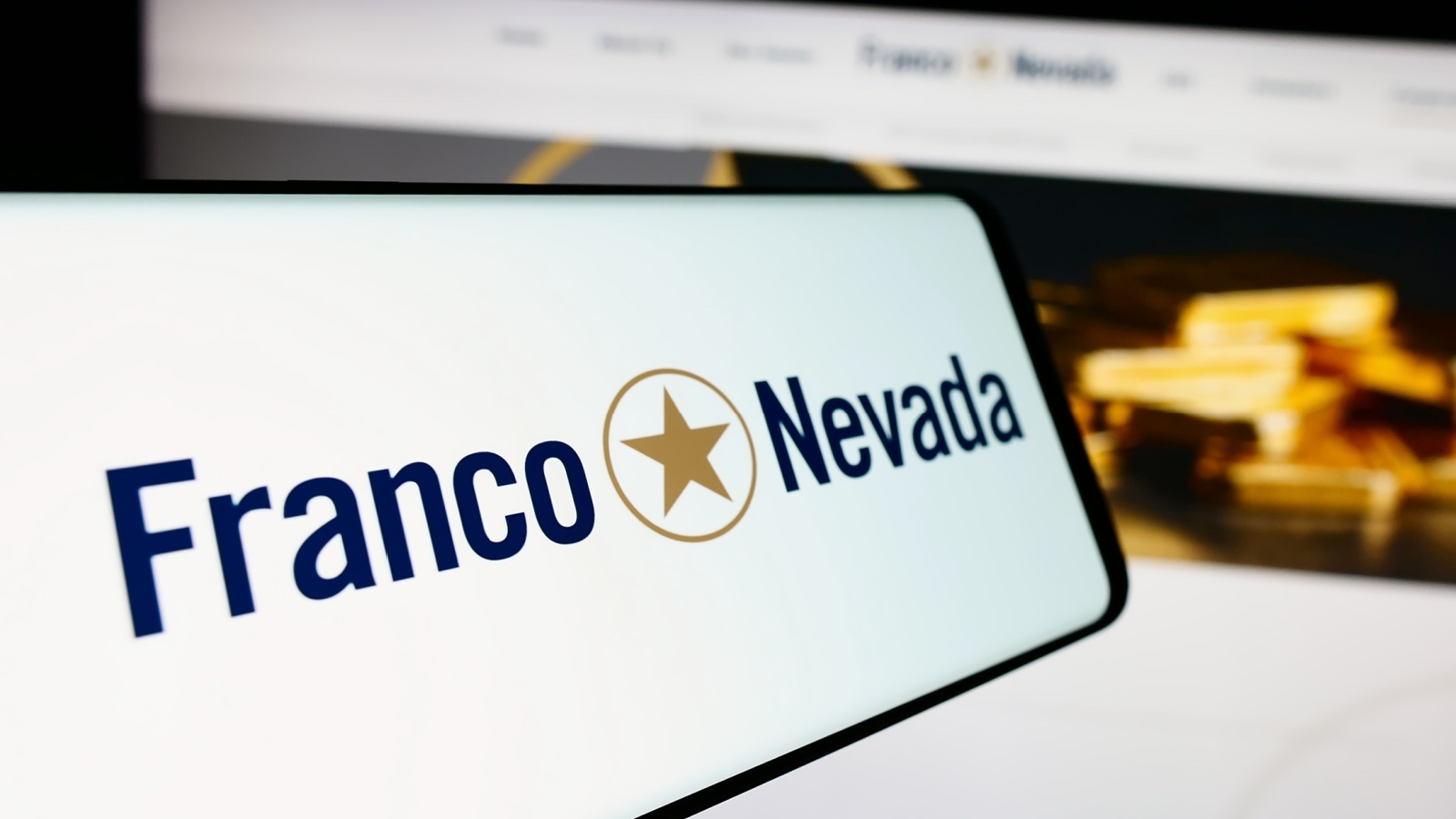
Operating as a royalty and streaming company in the mining sector, Franco-Nevada provides financing to mining operators in exchange for a share of future production. This asset-light model minimizes operational risk while offering exposure to gold, silver, and other commodities. The company’s portfolio includes hundreds of assets in various stages of development, providing diversification and consistent cash flow. Franco-Nevada avoids direct involvement in mining operations, allowing it to focus on financial returns. Its disciplined capital allocation and strong balance sheet have made it a favorite among investors seeking stability in volatile commodity markets.
Saputo Inc.
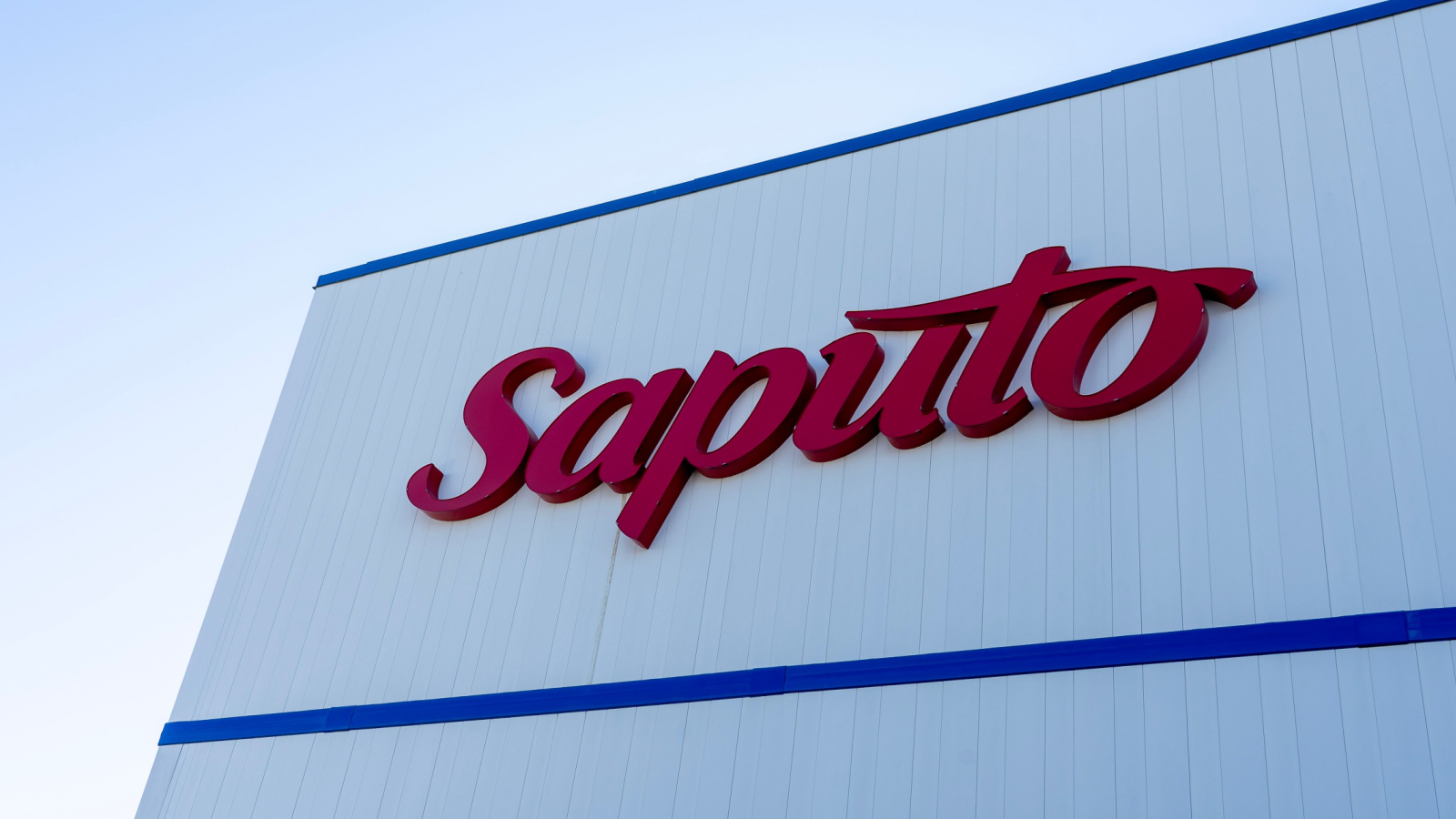
Saputo is one of the top dairy processors globally, producing a wide range of cheeses, milk, and cream products. It has grown through strategic acquisitions across North America, Europe, and Australia. The company prioritizes quality and food safety, investing heavily in advanced processing technologies. Saputo works closely with local dairy farmers, ensuring a consistent supply chain and fostering long-term relationships. Its brands cater to both consumer and foodservice segments, offering flexibility in market reach. Continuous innovation in packaging and product development has helped Saputo maintain relevance in a competitive food sector.
First Quantum Minerals

This mining company is known for its focus on copper and nickel, crucial metals for electronics and green technologies. First Quantum operates major mines in Zambia, Panama, and other locations, often developing projects from early exploration stages. The firm emphasizes operational efficiency and cost control, ensuring profitability even during commodity downturns. Its in-house engineering capabilities enable large-scale project development without excessive reliance on third parties. All in all, First Quantum has positioned itself as a key player in supplying materials for the global energy transition, supported by responsible mining practices and robust stakeholder engagement.
Gildan Activewear
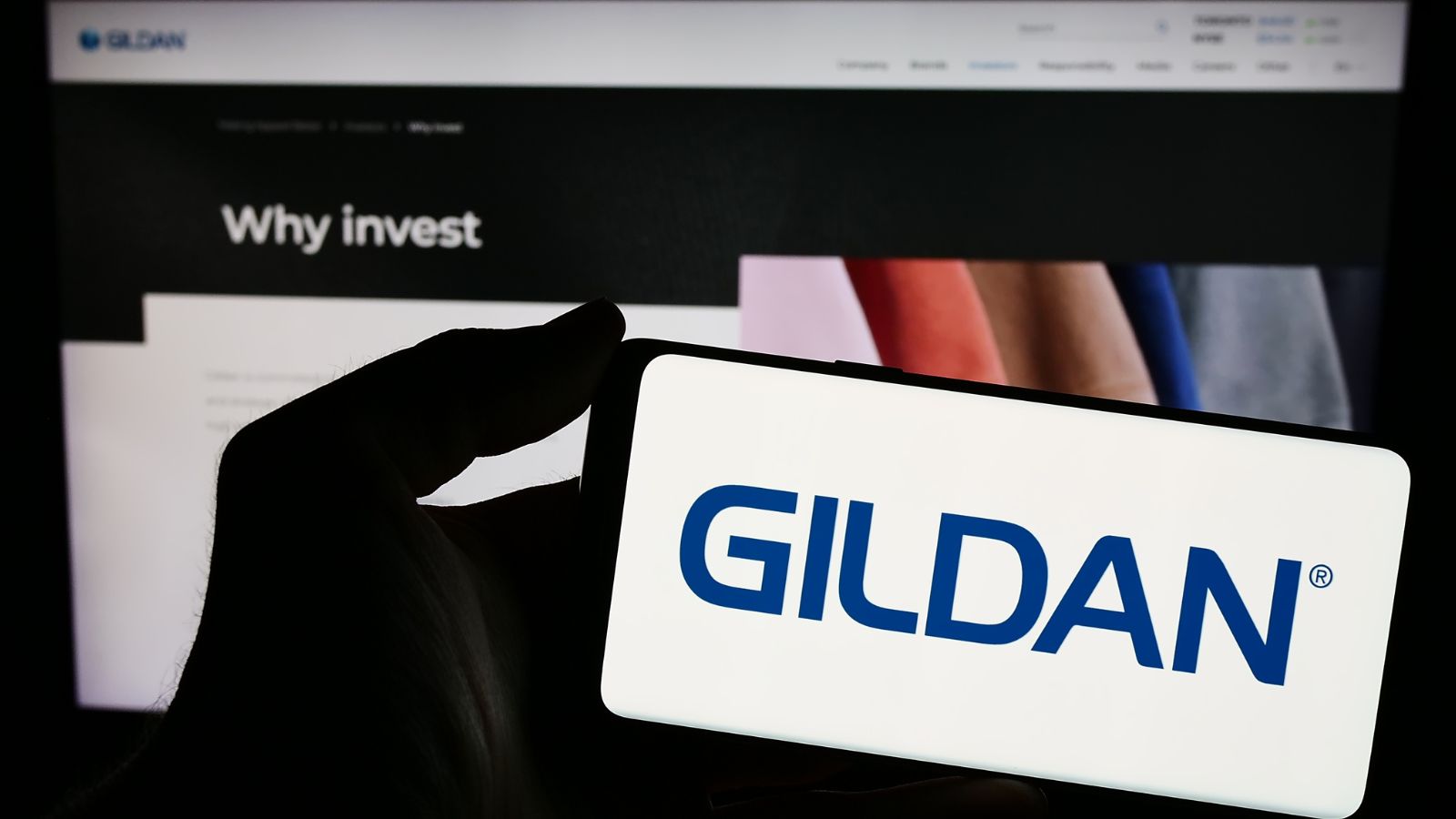
Gildan manufactures basic apparel, including t-shirts, underwear, and socks, supplying major retailers and apparel brands worldwide. It operates large-scale, vertically integrated facilities, primarily in Central America and the Caribbean. This model allows tight control over quality, costs, and ethical sourcing. Gildan has prioritized environmental sustainability, investing in water recycling and renewable energy at its plants. The company markets its labels while also providing blank garments for screen printers and promotional companies. Its mix of affordability, scale, and social responsibility gives it a distinct edge in the apparel manufacturing sector.
CAE Inc.

CAE specializes in simulation and training for aviation, healthcare, and defense. Its high-fidelity flight simulators are used by airlines, militaries, and pilot training academies around the world. CAE also delivers live training and digital learning platforms, adapting to the needs of different sectors. The company’s expansion into healthcare simulation has opened new markets, while its defense services support government preparedness and mission readiness. CAE also invests in R&D to maintain technological leadership and meet evolving safety standards. And, it plays a crucial role in skill development for high-stakes professions globally.
Linamar Corporation

Linamar designs and manufactures precision components for automotive, industrial, and medical markets. It combines advanced machining with automation to produce high-performance parts for engines, drivetrains, and other systems. The company is increasingly focused on electrification and lightweight materials, aligning with trends in mobility and sustainability. Linamar’s diversified portfolio includes agricultural and aerial work platforms through its industrial division. Strong engineering capabilities and vertical integration help it respond quickly to customer needs. Its global manufacturing footprint ensures proximity to major OEMs and a competitive edge in delivery and customization.
Teck Resources Limited
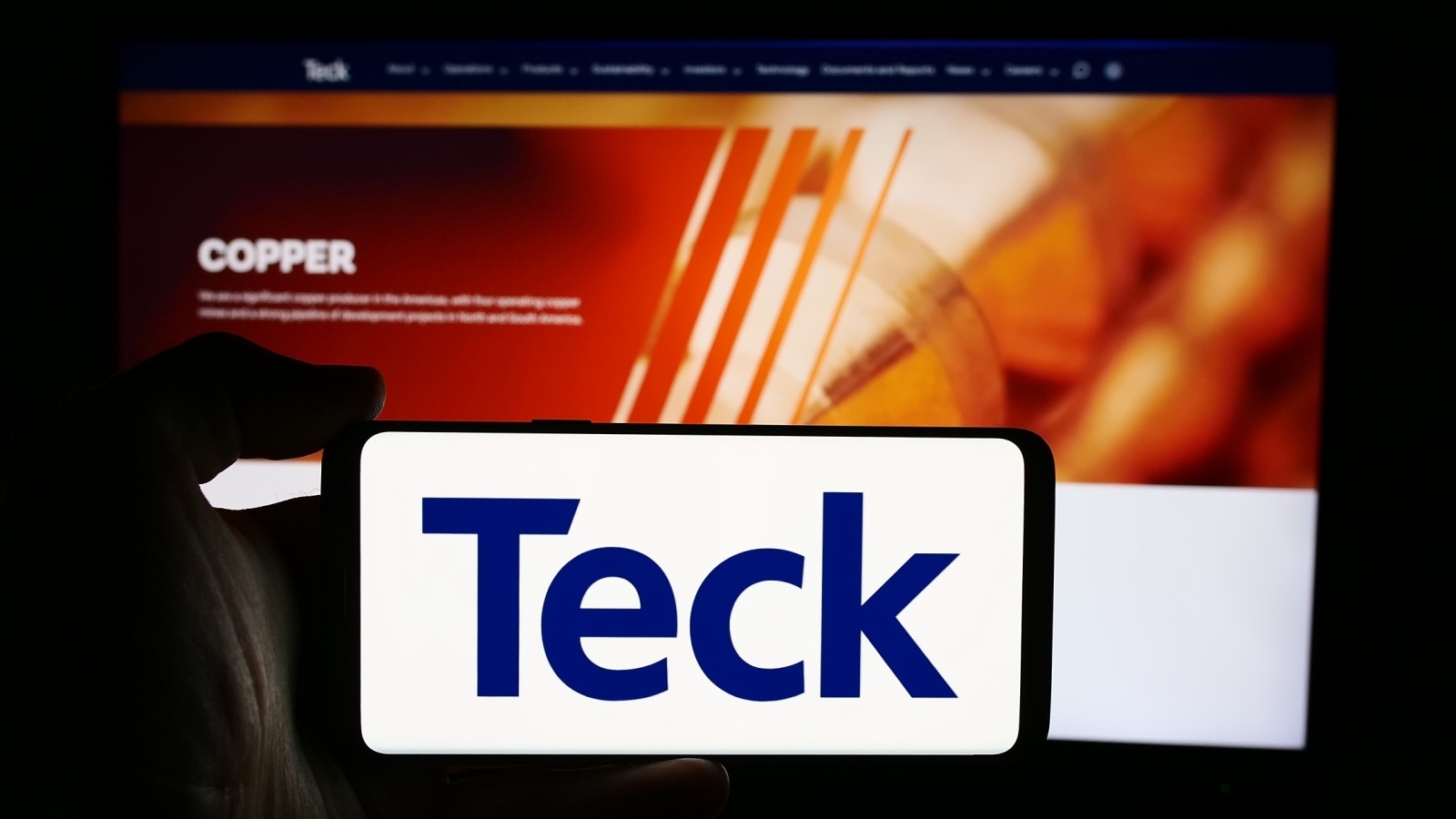
A diversified natural resources company, Teck produces copper, zinc, steelmaking coal, and energy. It operates some of the largest mines in North and South America, with a strong emphasis on innovation and environmental responsibility. Teck has invested heavily in water stewardship, tailings management, and emissions reduction. Its focus on copper aligns with the rising demand for electrification infrastructure. The company also balances short-term profitability with long-term sustainability goals. And, by partnering with Indigenous communities and prioritizing responsible resource development, Teck maintains its license to operate in complex regulatory environments.
Dollarama

Dollarama has emerged as the dominant discount retailer in the country, offering a wide array of products at fixed price points. Its low-cost structure and strong private label strategy enable high margins despite low price tags. The company has expanded rapidly, with over 1,500 stores and growing interest in international markets through partnerships. Dollarama excels at inventory management and supplier negotiation, keeping prices affordable while maintaining quality. Its consistent performance during economic downturns has proven its resilience. The business model combines operational discipline with a keen understanding of consumer behavior.
Lightspeed Commerce

Providing point-of-sale and e-commerce software, Lightspeed caters to retailers, restaurants, and hospitality businesses worldwide. Its platform integrates inventory management, sales analytics, and customer engagement tools. By focusing on independent businesses, Lightspeed helps smaller players compete with large chains. The company has grown through acquisitions, expanding its global reach and broadening its feature set. Lightspeed’s emphasis on design and user experience differentiates it in a crowded market. The flexibility of its solutions has proven valuable in adapting to shifts in consumer behavior, including the rise of omnichannel commerce.
West Fraser Timber Co.

As one of the largest lumber producers globally, West Fraser supplies wood products for construction, industrial, and paper applications. It controls all aspects of production, from forest management to final milling, which helps maintain consistent quality and environmental standards. The company invests in sustainable practices and continually upgrades its mills for energy efficiency. West Fraser serves markets across North America, Europe, and Asia, benefiting from diverse demand cycles. Not to mention, its disciplined capital allocation and conservative financial management have contributed to its long-term stability and industry leadership.
Restaurant Brands International (RBI)
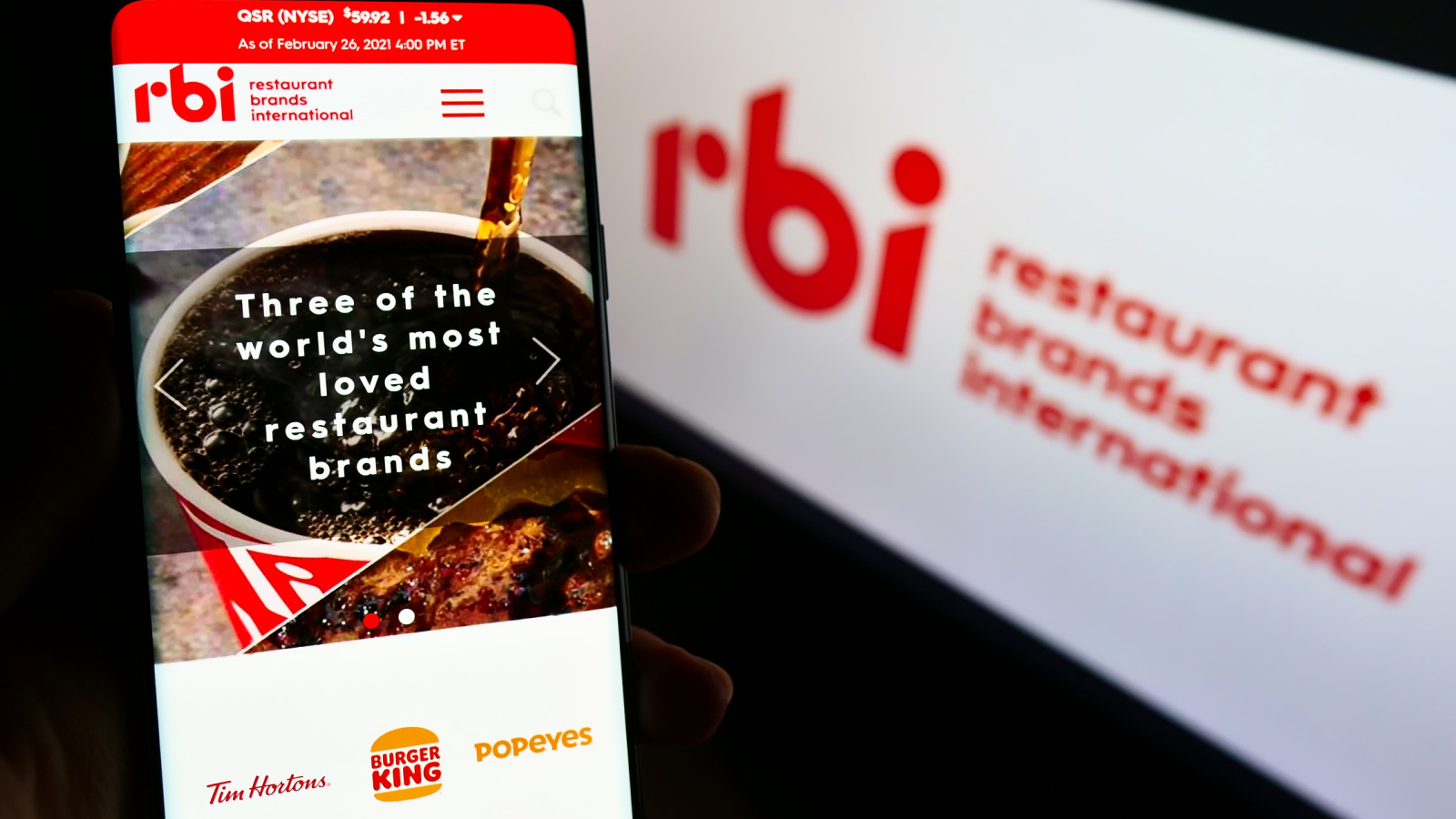
RBI owns iconic fast-food chains such as Tim Hortons, Burger King, and Popeyes. The company manages a franchise-based model that emphasizes scalability and brand consistency. RBI invests in digital ordering, delivery, and menu innovation to stay relevant in a competitive landscape. It focuses on global expansion, especially in emerging markets, leveraging its well-known brands. Plus, operational efficiencies and a strong franchising network enable steady revenue streams. RBI’s ability to adapt quickly to consumer preferences and regional trends has ensured its continued growth in the quick-service restaurant industry.
21 Products Canadians Should Stockpile Before Tariffs Hit

If trade tensions escalate between Canada and the U.S., everyday essentials can suddenly disappear or skyrocket in price. Products like pantry basics and tech must-haves that depend on are deeply tied to cross-border supply chains and are likely to face various kinds of disruptions
21 Products Canadians Should Stockpile Before Tariffs Hit
